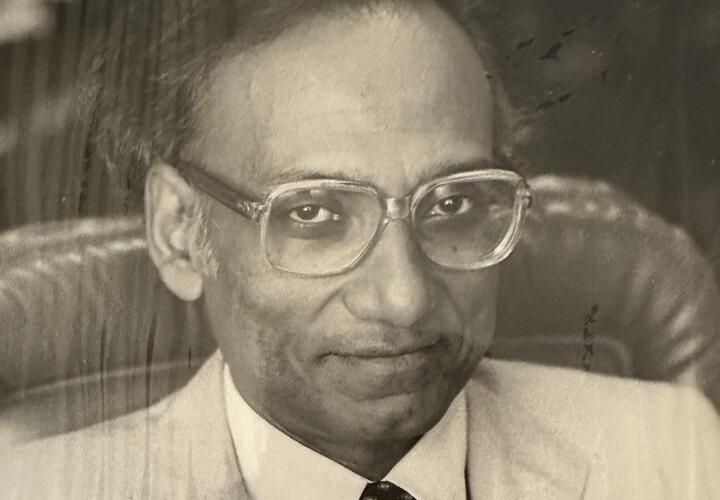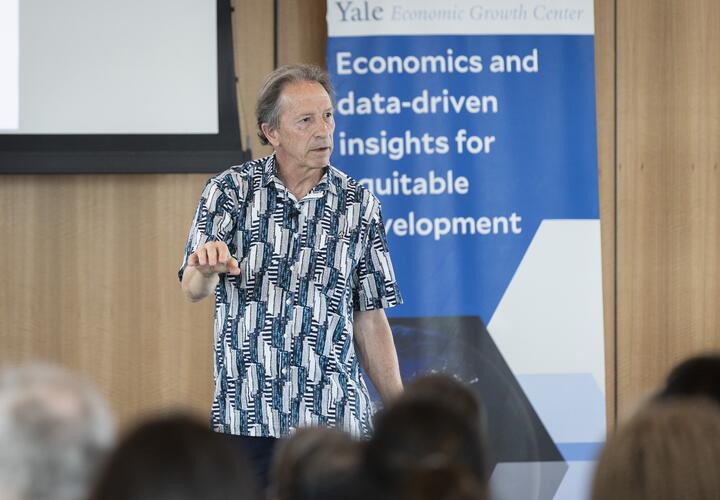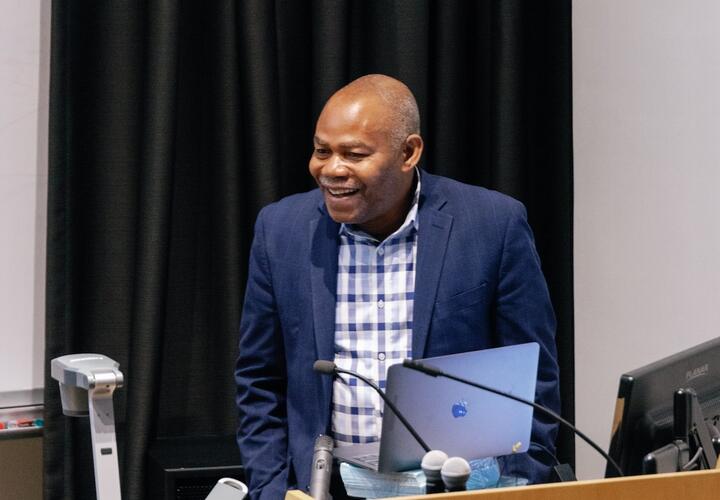News Item
… EGC Quarterly Newsletter, Fall 2025 … August 28, 2025 | News EGC Quarterly Newsletter, Fall 2025 Subscribe to receive … Boustan’s methodologically innovative work busts myths about economic mobility and cultural assimilation over time. …
Relevance: 66.50258









